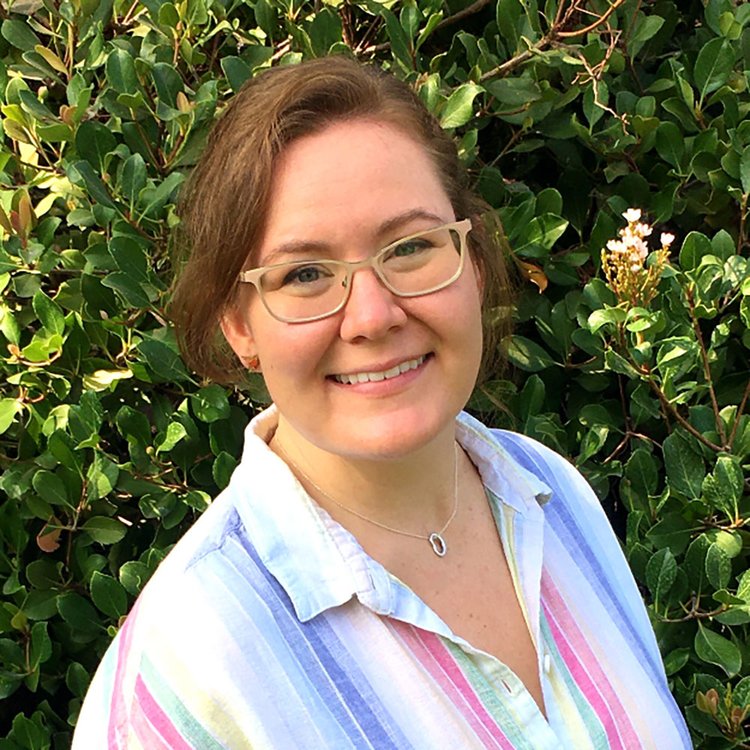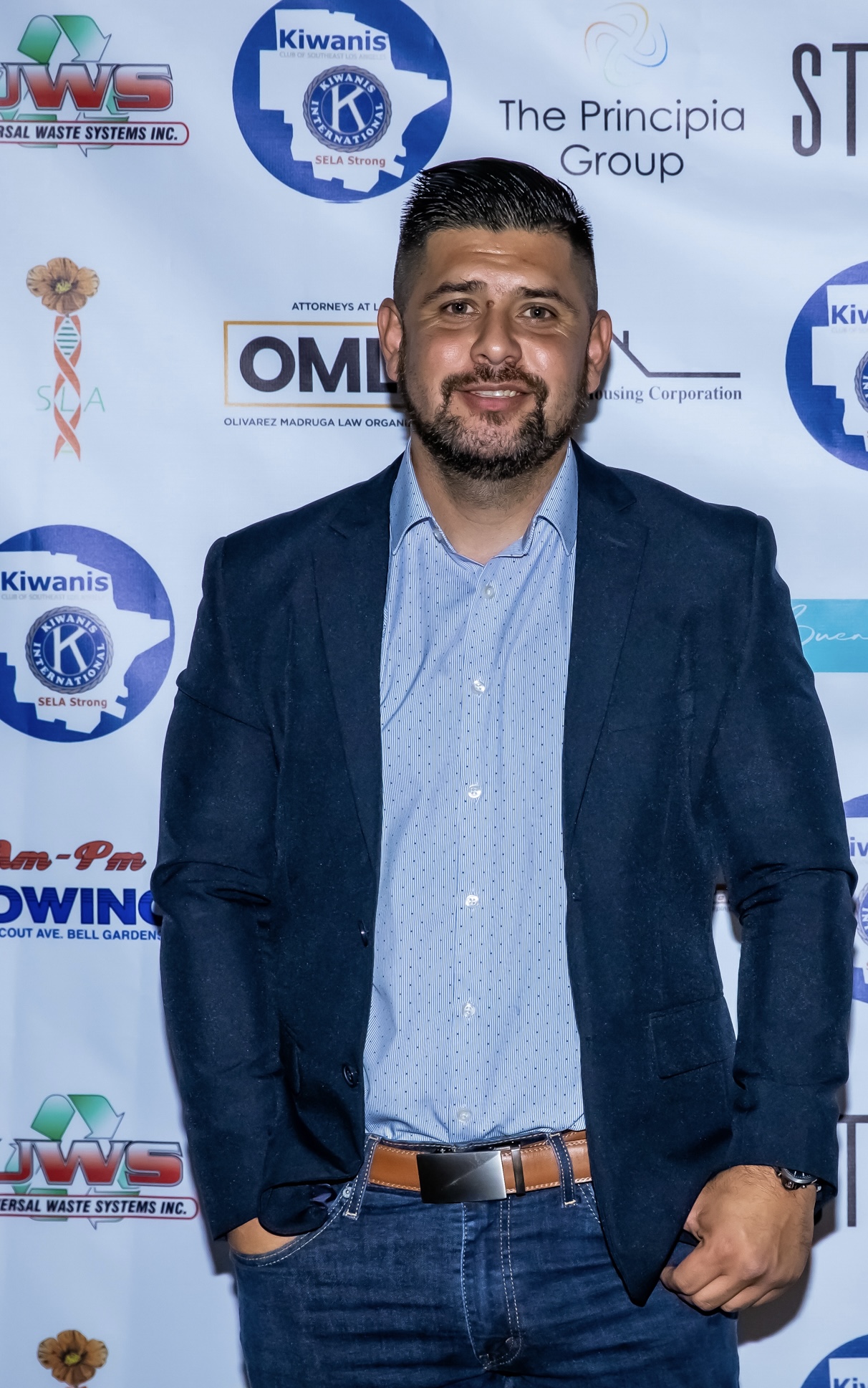
Resources
Exhibitor Application
Summit Agenda
Education Program
Leadership Awards
Exhibitor/Sponsor Profiles
Exhibitor/Sponsor Options
Summit Floorplan
Summit Newsletter
Advisory Board
Registration Details
Media Materials
Parking, Directions & Hotels
Creating a Schoolyard Forest Pilot
Room: 106
Time: 11:30am – 12:30pm
This presentation will discuss schoolyard forests as nature-based solutions to protect students from extreme heat, and improve learning, health, and wellbeing—while engaging students in the design, stewardship, and planting of their forest. Traditional schoolyard design choices—which led to asphalt-covered, sterile environments—have a negative impact on students’ mental and physical health. Schoolyard forests can help mitigate these challenges, offering opportunities for climate resilience, learning, creativity, and community cohesion.
We will then review two in-progress schoolyard forest pilot projects at California public schools that seek to put this concept to practice, focusing on one project in Los Angeles. We will share the process, our experiences, lessons learned, challenges, and opportunities: from selecting the school, to creating a small-scale, nature-based forest design that reflects the community and centers students. We hope sharing these “point in time” details will be useful to others seeking to add trees and shade to their schools.
Learning Objectives:
- How schoolyard forests are a scalable solution to protect students from the impact of climate change while improving health, learning, and environmental and community resilience.
- Our process so far in planning and designing a small schoolyard forest pilot project, in collaboration with the school community, a large school district, and a design team.
- The challenges and opportunities that have come up as we implement this schoolyard forest pilot project.
- Recommendations based on our experience with this pilot project, as well as resources available to schools and districts who are interested in planning, designing, implementing and caring for a schoolyard forest.
Speakers:
Lauren McKenna, Senior Program Manager, Green Schoolyards America
Jessie Salazar, President, SLA

Lauren McKenna, MLA (she/her), is a Senior Program Manager at Green Schoolyards America. After studying natural science and studio arts at Loyola Marymount University (2011) and two years as an AmeriCorps volunteer, she worked in various Pacific Northwest locales, including GIS mapping with the City of Tacoma, environmental education in Portland, Seattle and the Cascade Mountain foothills, and community engagement at a botanical conservatory. She graduated from the Master of Landscape Architecture program at Cal Poly Pomona in 2020, through which she learned about the connections between schoolyard design and environmental justice, and how these spaces are rich opportunities for connection to nature and community. She hopes to share the spiritual, mental, and physical health benefits of access to nature, and be an advocate for green space equity in underserved communities.
She can be found spending time with her dog, or sketching chaparral plants in the San Gabriel Mountain foothills.
Jessie Salazar is the founder and President of SLA, a Design-Build Social Enterprise that focuses on school greening, urban forestry, and workforce development. He holds a bachelor’s in Landscape Architecture from Cal Poly San Luis Obispo and an associate of arts in Behavioral Science from Santa Monica College. With a passion for social impact, Jessie founded SLA in 2014, a 501(c)(3) nonprofit organization that empowers individuals with barriers to employment through a pre-apprenticeship program, preparing participants for union apprenticeships. Under Jessie’s leadership, SLA has completed over 30 school greening projects across disadvantaged communities in Southeast Los Angeles, working with cities like Lynwood, Compton, Bell Gardens, and South Gate. He is a licensed landscape and tree contractor. Jessie’s dedication to community enrichment extends beyond urban landscapes, as he continues to advocate for environmental education and sustainability. His mission is to foster economic opportunities and green spaces in underserved areas through a holistic, people-centered approach.

